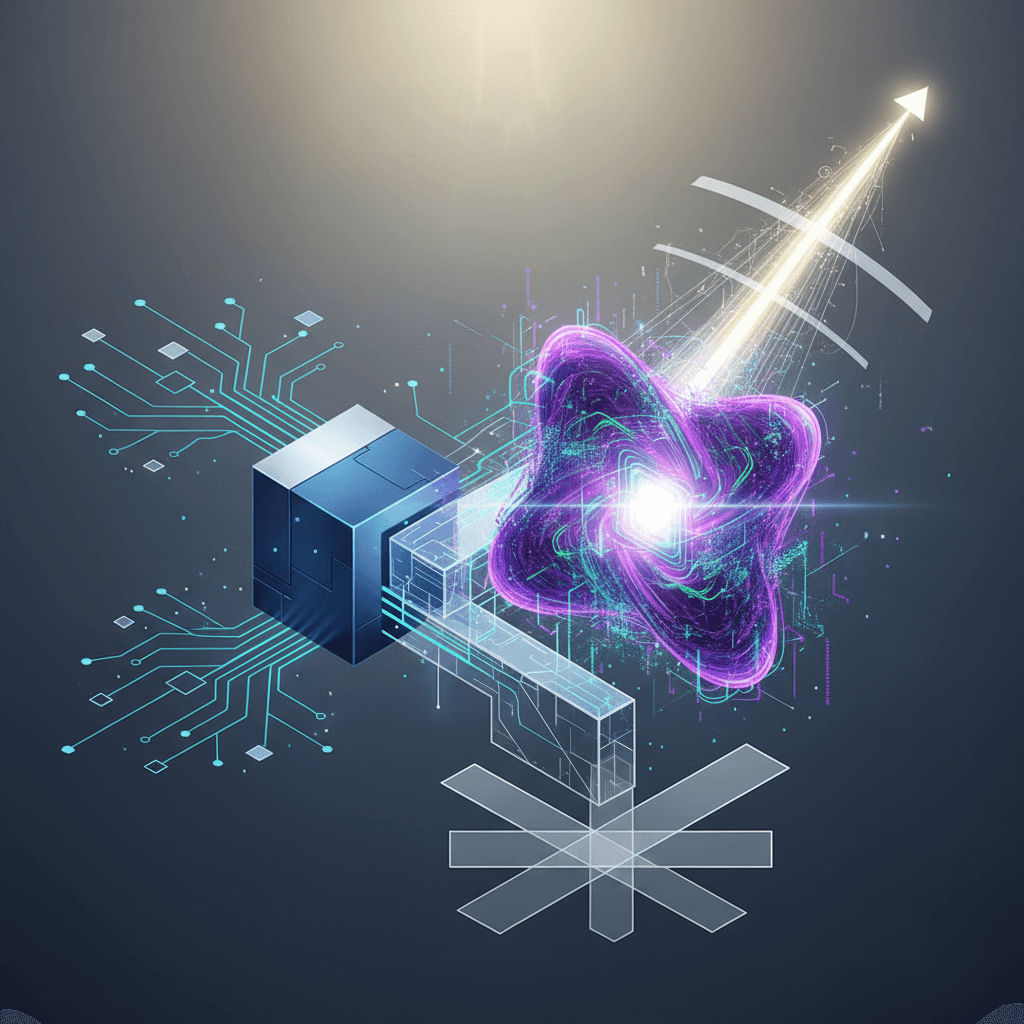Microsoft Locks Down OpenAI's Future With $135 Billion Restructured Alliance
OpenAI’s pivot to a Public Benefit Corporation secures its mission and Microsoft’s deep access to the future of AI.
October 28, 2025

In a landmark restructuring of one of the most consequential partnerships in the technology sector, Microsoft has solidified its alliance with OpenAI, taking a roughly 27% stake valued at approximately $135 billion in the artificial intelligence leader's newly formed entity.[1][2][3] This definitive agreement, which follows months of negotiations, not only deepens the financial ties between the two companies but also fundamentally redefines their collaboration as they race toward the development of artificial general intelligence, or AGI. The deal provides both firms with greater operational independence while extending Microsoft's access to OpenAI's coveted technology, signaling a new, more mature phase in the AI industry's evolution.[4] Central to the revamped pact is OpenAI's transformation from its unique "capped-profit" structure into a Public Benefit Corporation (PBC), a move that simplifies its corporate governance and clears a path for future fundraising at a staggering total valuation of $500 billion.[5][6][7][8]
The revised agreement introduces several critical changes that address ambiguities in the original partnership, which began with Microsoft's first investment in 2019.[2][9] Perhaps the most significant change is the new process for declaring the achievement of AGI—a hypothetical future point where an AI system can outperform humans at most economically valuable work.[7] Previously, the definition was more subjective; now, any AGI declaration by OpenAI must be verified by an independent panel of experts.[10][11][12] This change is a crucial governance milestone, establishing a more objective trigger for shifts in the partnership's terms.[11] In a major win for the software giant, Microsoft's intellectual property rights to OpenAI's models and products have been extended through 2032 and, critically, will now include models developed even after AGI is officially verified.[1][2][5] This secures Microsoft's long-term access to the cutting-edge technology that has supercharged its product lineup, from Azure cloud services to its Copilot AI assistants.[13]
Financially, the deal is monumental. Microsoft's $135 billion stake is the result of its prior investments totaling around $13.8 billion, representing a nearly tenfold return and underscoring the immense value generated by the partnership.[6][14] In a massive commitment that highlights the symbiotic nature of the relationship, OpenAI has contracted to purchase an incremental $250 billion worth of services from Microsoft's Azure cloud computing platform.[1][4][14] However, the new terms also grant both companies significant new freedoms. In a key concession, Microsoft will no longer hold the right of first refusal to be OpenAI's exclusive compute provider, giving the AI lab more flexibility.[2][3][4] Furthermore, both companies can now independently pursue AGI development, either alone or with other partners, a marked shift from their previously exclusive arrangement.[10][2][15] OpenAI also gains the ability to jointly develop certain non-API products with third parties and serve them on any cloud provider, as well as provide API access to U.S. government national security customers without restriction to Azure.[1][15]
The corporate reorganization of OpenAI is a foundational element of the new agreement. Founded as a non-profit in 2015, OpenAI later created a "capped-profit" subsidiary in 2019 to raise capital while remaining mission-driven.[16][17][18] The transition to a Public Benefit Corporation, dubbed OpenAI Group PBC, resolves structural complexities that were reportedly causing friction and scaring away some investors.[19][6] Under the new structure, the original non-profit, now named the OpenAI Foundation, remains in control of the for-profit PBC.[20][3][5] The Foundation itself holds a stake in the PBC worth approximately $130 billion, ensuring that the fruits of OpenAI's commercial success are intended to flow back to its mission of benefiting humanity.[20][3][5] This change was made after extensive dialogue with the attorneys general of Delaware and California, where OpenAI is incorporated and headquartered, respectively.[7][12]
Ultimately, this restructured alliance future-proofs the relationship that has defined the generative AI era. It provides Microsoft with long-term technological security and a massive stake in the world's leading AI research company, while giving OpenAI the corporate structure and operational latitude needed to navigate an increasingly competitive landscape. The concessions on both sides reflect a recalibration, moving from a position of mutual dependence to one of aligned interests with built-in flexibility. For the wider AI industry, the deal establishes new precedents, particularly the use of independent verification for AGI claims and a hybrid corporate model that attempts to balance immense commercial opportunity with a public-benefit mission.[10] As both companies move forward, their intertwined yet more independent paths will continue to shape the trajectory of artificial intelligence for years to come.
Sources
[3]
[4]
[5]
[6]
[9]
[10]
[11]
[13]
[14]
[15]
[16]
[18]
[19]
[20]